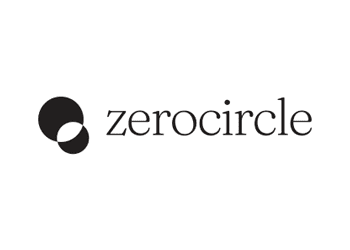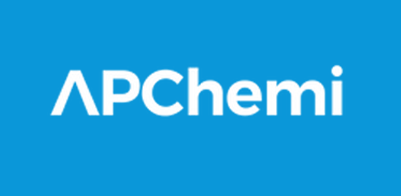Plastic is universally considered to be one of the biggest climate change problems that needs to be addressed. It covers our meals, carries our clothes and commodities and increasingly threatens our oceans – even while being found in our food and our blood streams. Packaging is the largest end-user segment for plastic products, accounting for more than 40% of the total plastic usage in the world.
With the petrochemical and plastic industries planning a massive expansion in production, the problem is on track to get much worse. If plastic production and use grow as currently planned, by 2030, these emissions could reach 1.34 gigatons per year—equivalent to the emissions released by over 295 new 500-megawatt coal-fired power plants.
At the same time, the problem with plastic goes much deeper than the fossil fuels used to make it, and the emissions released as a result. It goes to how plastics are managed at end-of-life – in other words, where does the used plastic go? As we’ve seen, the short answer to that is mostly water bodies and landfills and unfortunately, even globally, our recycling rates are sub 10%. Plastic recycling has many challenges, including inconsistent demand for the recycled material, inadequate recycling infrastructure / space as well as complexity of processing many different types of plastic.
Zero Circle (ZC) is addressing the growing and global issue of plastic waste management by building an alternative to plastic packaging and related products. ZC extracts dried biomass from seaweed, and then uses proprietary processes to make seaweed resins. These resins can be used to make flexible films for a multitude of use cases, including food covering, bags,and packaging. The final product is fully home-compostable and marine-degradable with no residues. This means that not only can the films created from ZC resins be completely composted without any industrial facilities, the products are also fully ocean safe.
A brief digression here to jump into what some of these terms mean:
Bioplastics: Bioplastic can mean that a material is biobased. Bioplastic can also mean that a material is biodegradable. These terms are not mutually exclusive; biobased refers to the feedstock – what was used as the input material – whereas biodegradable refers to the end of life of the material. Therefore, a petroleum-based plastic that is biodegradable counts as a bioplastic, as does the vice versa of a biobased plastic that is not biodegradable.
Biodegradable: These are materials that can be broken down by microbial activity (bacteria and/or fungi) into carbon dioxide, water vapor, and microbial biomass.
Compostable: These are materials that disintegrate and biodegrade under specific conditions and time-frames without releasing any harmful chemicals, toxic components, or heavy metals.
Biodegradable materials will not necessarily biodegrade of their own accord in unmanaged environments such as landfills. Without the right conditions – temperature, moisture and oxygenation – biodegradable materials can actually persist in the environment for long periods of time or worse, disintegrate into smaller and smaller microplastics invisible to the human eye. This is why the aim is for plastics to either be circulated completely, or composted.
The environmental impact potential of the ZC product is immense:
• Carbon absorption by the seaweed produced: Seaweed production, which will be used as raw material for ZC’s product, has significant natural carbon absorption capabilities. As per estimates, 1 metric ton of dried seaweed can absorb up to 120 kg of CO2.
• Offsetting of the carbon emission from the plastic replaced: As per industry assessments, each ton of plastic resin produced, leads to generation of 1.89 metric ton CO2 from cradle-to-resin. As ZC is a true substitute, each ton of plastic which ZC replaces, has a direct impact on CO2 emission by 1.89 metric ton.
And this is in addition to the human health benefits – as per a recent study, scientists analysed blood samples from 22 anonymous donors, all healthy adults, and found plastic particles in 17.
We are excited to partner with the Zero Circle team to support the scaling and growth of their pioneering resins, for a number of reasons:
1. Massive potential impact on plastic waste through a truly circular solution –
a. Using seaweed (which is better than other bio-plastics) for “plastic” solutions
b. Home-compostable film and packaging
c. Additional revenue opportunities for seaweed cultivators / farmers
2. Strong market tailwinds from emerging demand for sustainable packaging and a conducive regulatory environment –
a. Growing demand from large FMCGs and corporates with increasing incentive to meet net-zero targets
b. Government of India’s new Extended Producer Responsibility (EPR) rules mandate recycling and reusing a certain percentage of plastic produced by manufacturers, importers and brand owners thus creating additional incentives to move towards plastic alternatives.
3. Dynamic, mission-driven team with a clear understanding of the market
Addressing the plastics problem, globally, will require a number of solutions to come together. The demand for packaging materials is not going to abate anytime in the near future, and as such, we see innovative and environmentally sustainable substitutes as a critical piece of the solution.










